This is part of a continuing series of Q&As with members of the global wine community. Vintner Magazine will share business and personal insights from winery owners, vintners, marketing managers, sales directors, QCQA staff and others to help you get to know each other better in the industry and learn more to better develop your own brand.
Brian Rudin, Winemaker and General Manager, Echolands Winery
Brian Rudin is the new Winemaker and General Manager for Echolands Winery’s two estates in the Walla Walla Valley AVA, with the winery officially announcing the move earlier this month.
Rudin is charged with overseeing winemaking operations, viticulture, team management and hospitality for Echolands. Rudin’s role succeeds that of Echolands’ former Winemaker, Taylor Oswald, who helped found and grow the winery from its inception in 2018.
As a lifelong Washington native, Rudin’s career has grown alongside the boom of the state’s wine industry: He grew up in the eastern farm region of Wenatchee, graduated from Western Washington University and moved to Walla Walla in 2006, where he studied at the Institute of Enology & Viticulture, while pursuing the Court of Masters’ Certified Sommelier credential. Following his certification, Rudin worked as a production manager for Alder Ridge Vineyard and Zefina Winery and then as a winemaker for Cadaretta and Buried Cane Vineyards. Prior to his role at Echolands, he spent nine years as the winemaker for Duckhorn Wine Company, where he helped launch Duckhorn’s Red Mountain label, Canvasback.
Upcoming developments under Rudin’s new leadership include several new releases and the forthcoming opening of Echolands’ 27,000-square-foot winemaking and production facility in Mill Creek, which will feature a hospitality center and separate storage facility.
Modern Winemaker had the opportunity to catch up with Rudin, who shared insight on his new role and shared his thoughts on his winemaking philosophy, what’s ahead for Echolands and why he believes the wine industry needs to set its sights on the younger generation.
Modern Winemaker: Why did you enter the wine industry and what makes you love being a part of it and stay in it?
Rudin: Having grown up in an Eastern Washington farming community before winegrowing had really taken root, I know what it looks like before and after the cultural bloom that accompanies winemaking and wine tourism. I got exposure to fine wine by working as a restaurant server in fine dining, and quickly jumped ship to move out to Walla Walla to get my foot in the door for winemaking. What I love about working in wine in Washington State, more than anything, is the collective spirit of support. As Gary Figgins, a winemaking pioneer, has famously said: “You pull the folks behind you and push the folks ahead you.” We help each other and push each other here in a way that drives everybody forward.
MW: What do you feel have been new challenges in your position that have helped push you and make you better?
Rudin: Echolands is pushing the boundaries of grape-growing and winemaking, literally as well as metaphorically, as we are planting and farming grapes at some of the highest reaches of the Walla Walla Valley. Our goal is to make wines of place from the many terroirs here, that shine at lower alcohol levels and brighter acid profiles, and that can age with grace and class. So the challenge is to farm in a way that keeps brix and resulting alcohols low, but allows for slow and even ripening of textures of flavors; and elevation is the key. Our new ground in the emerging Mill Creek District of the Walla Walla Valley goes up to 1,750 feet above level. We’re building our winery out at this magnificent site and starting to plant. It’ll take five years for all of this to bear fruit, but we’re playing a long game out here.
MW: What strategic growth opportunity do you feel is still “out there” for Echolands, or the wine market in general, and how do you plan to work on capitalizing on it this year?
Rudin: If we’re talking plainly, we need to make wine relevant to younger generations. I think a lot of people in their 20s and 30s can think of wine as out of reach for them, but it shouldn’t be like that. We’ve screwed up if people think of certain wine styles as boring as their grandfather’s Buick. I don’t worry about trends like canned cocktails or hard seltzers, because at the end of day, the fruit of the vine is so naturally delicious and pure that we can have confidence in wine, but: we need to stay inventive, creative, and push ourselves to make wine fun and accessible. That means we should fearlessly break rules and think freshly about what kinds of wines we make. This is the New World; we aren’t beholden to rules on what we can grow, blend, or produce. Let’s have some fun with that.
MW: Who is your mentor in the industry and what have you learned from them?
Rudin: I mentioned the spirit of helpfulness in the Washington wine industry. So many people have helped me grow that I don’t think I could credit a single person. Over the years, Chris Banek, Dick Boushey, and Marshall Edwards have helped me understand grape-growing in the Pacific Northwest. Jean-Francois Pellet and Tom and Anne-Marie Hedges are inspirational business leaders who see the whole picture. Kevin Pogue has helped me and so many others understand our soils through his teachings or our geologic history. David Forsyth, Steven Sealock, Renee Ary, and Neil Bernardi are all winemakers who have helped shape my worldview in the cellar. And of course, there is no better communicator and ambassador who can share and translate the joys of wine than Doug Frost, MS/MW.
MW: How would you describe your own winemaking philosophy and how has it evolved over the years?
Rudin:I hold myself to one simple guiding light that makes all other stylistic and philosophical goals work in the glass: “Is it delicious?” No matter how cute you get with extraction, pick timing, alcohol balance, oak, etc…it only matters if the resulting wine is naturally yummy as hell and invites the second and third sip, until the bottle is gone. The secondary goals are important too: We must make wines that tell their stories of place, that are farmed responsibly, that present complexity of aromatics, that provide movement in their textures, but… none of that matters if the resulting wine is not delicious, in a way that does not require explanation.

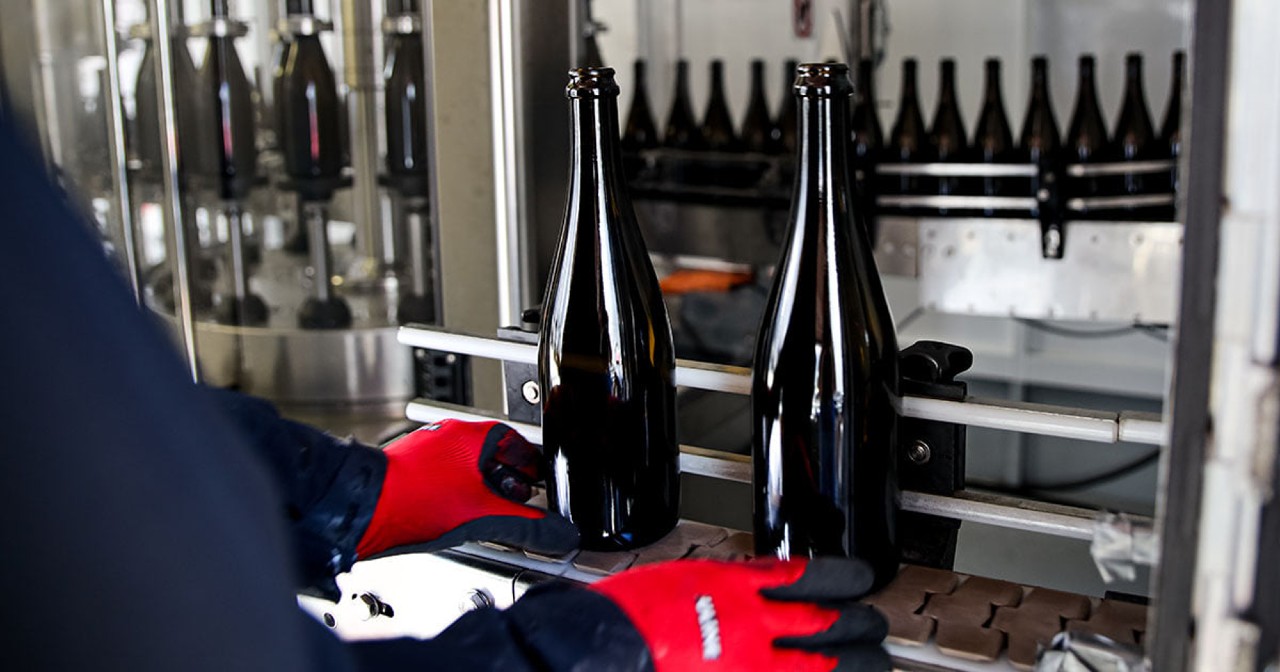
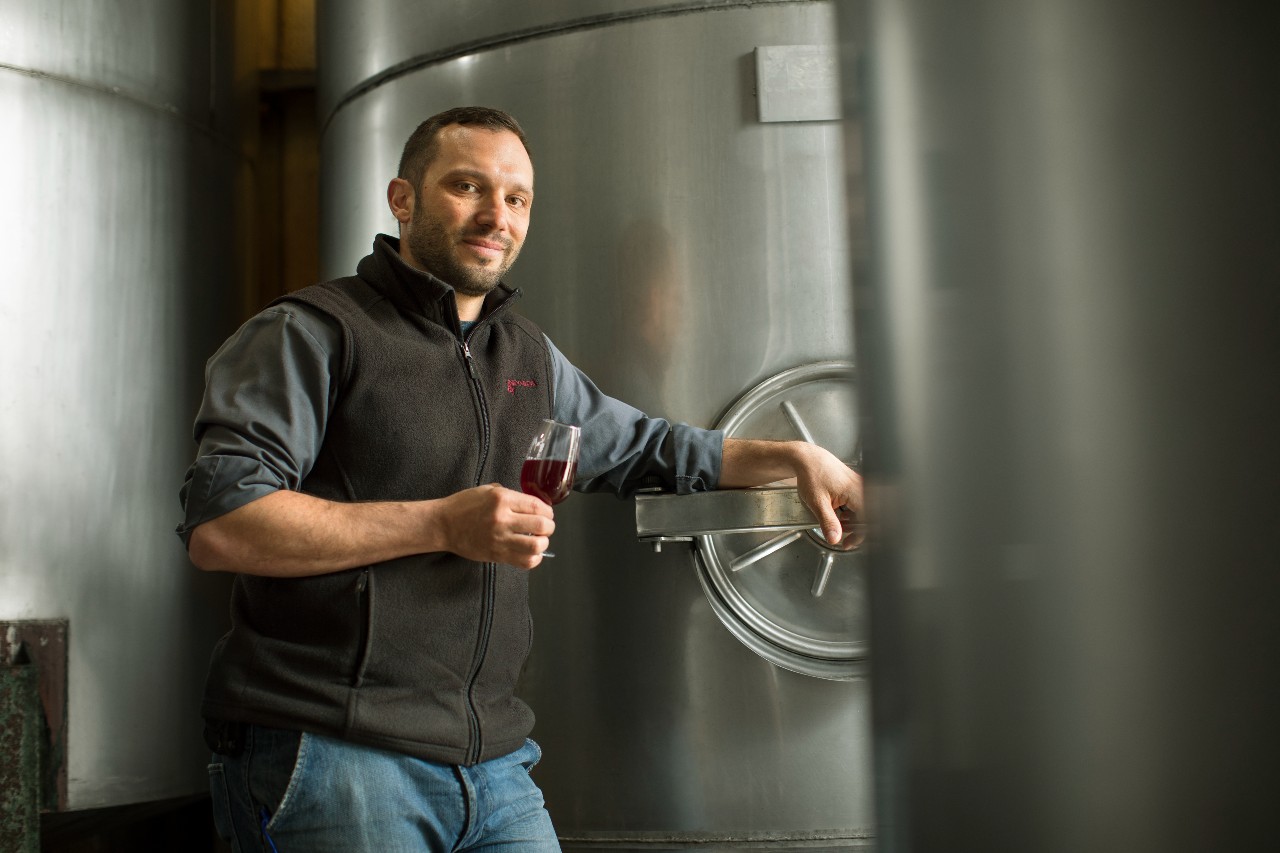
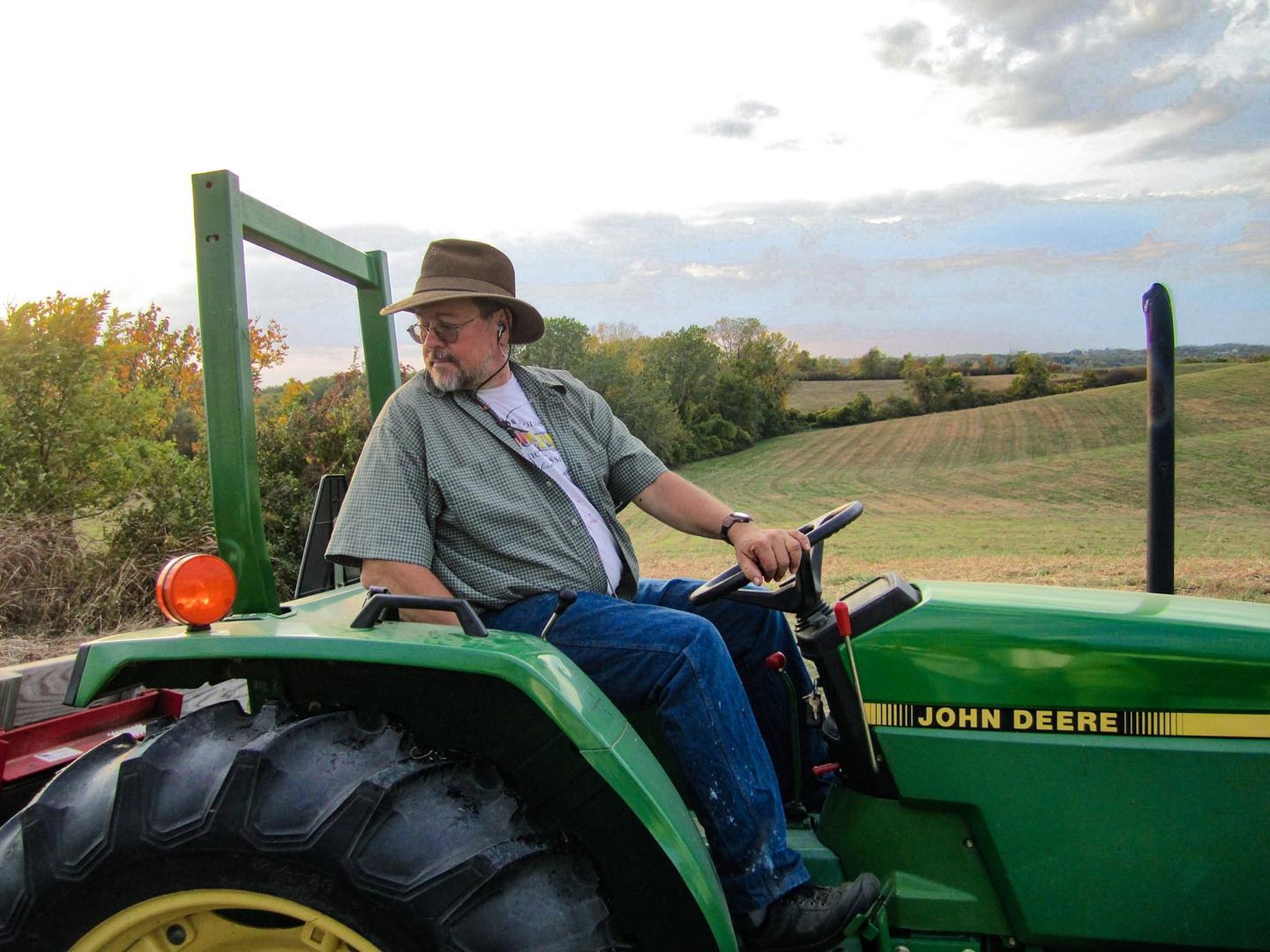
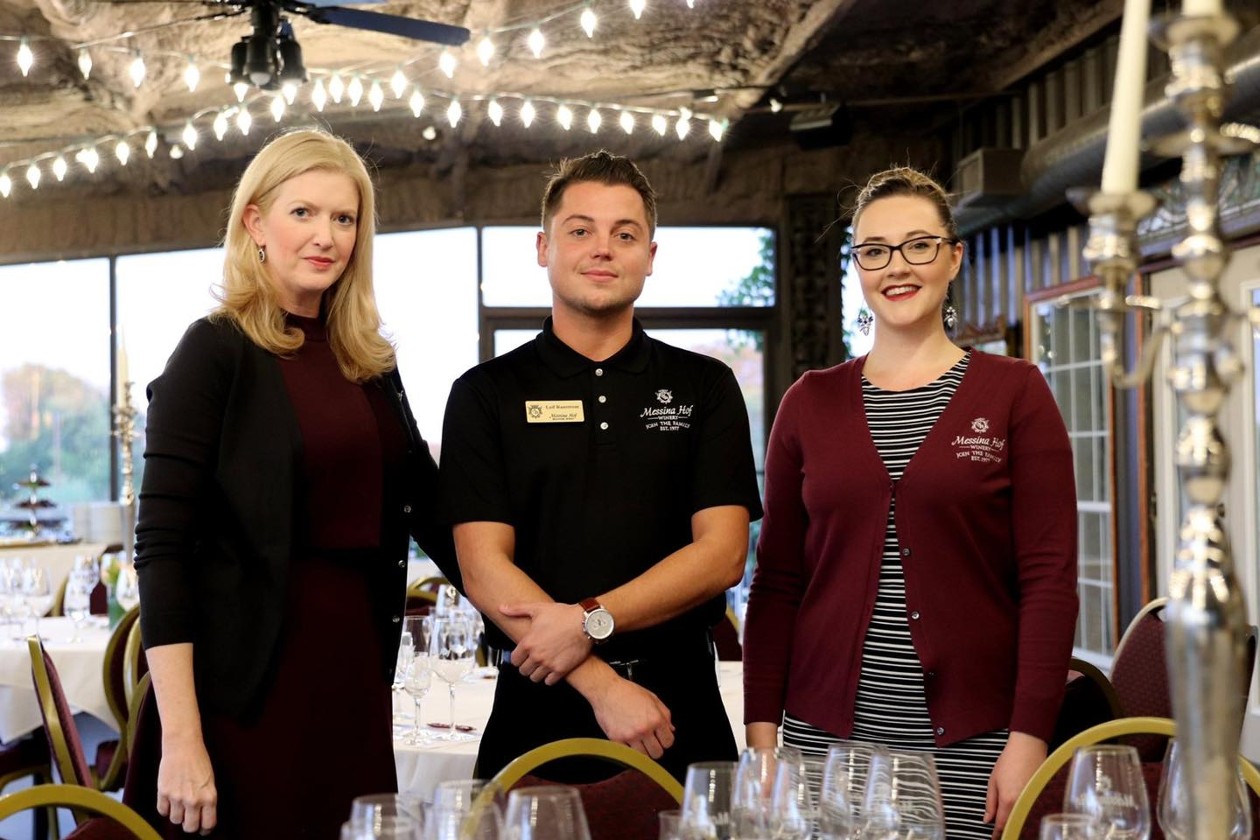
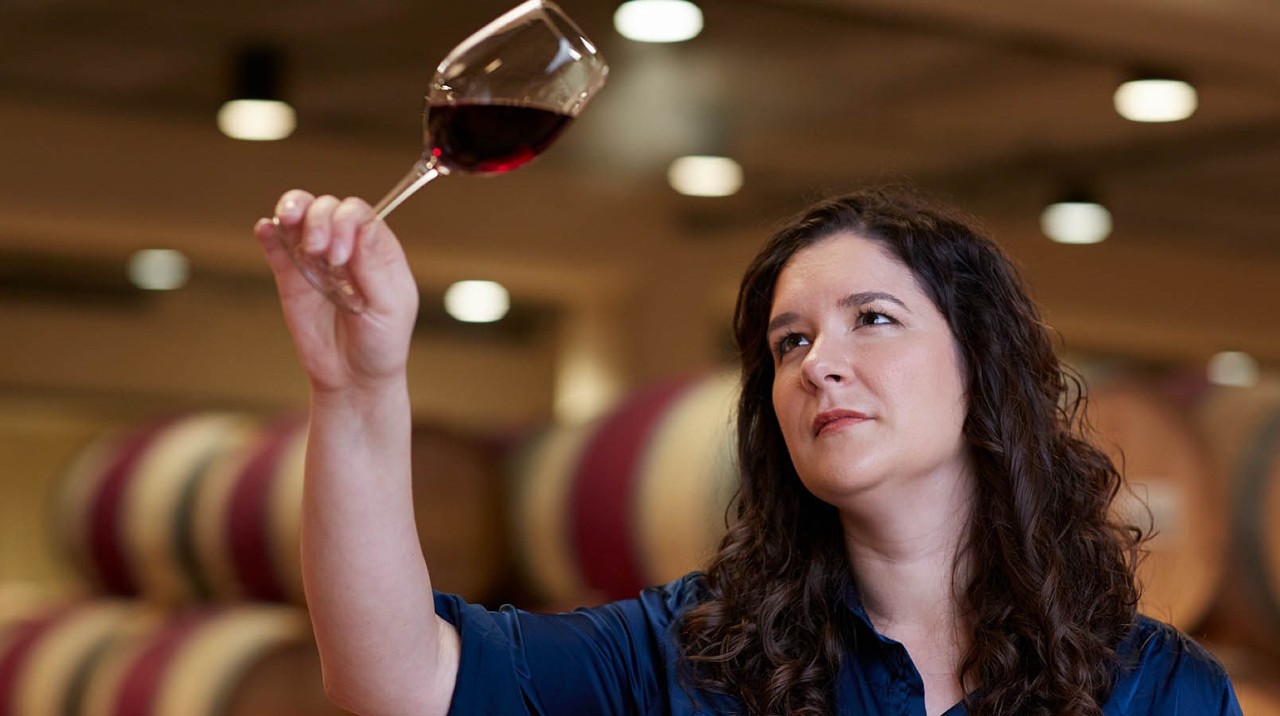


Be the first to comment